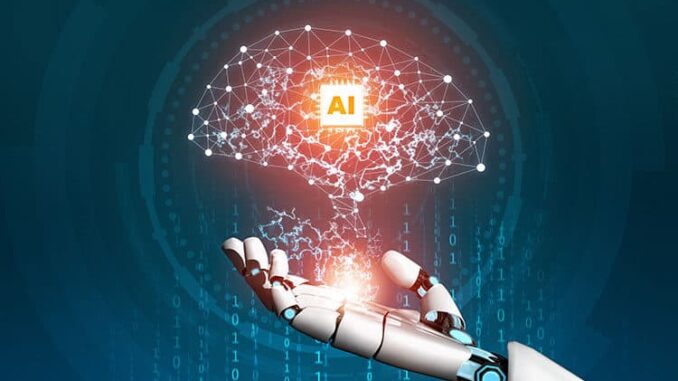
The rapid advancement of artificial intelligence (AI) technologies has significant ethical and social implications that must be carefully addressed.
As AI systems become increasingly integrated into society, understanding and managing these implications is vital to ensure that AI benefits everyone fairly and equitably. Here are some key areas to consider when addressing the ethical and social implications of AI:









### 1. **Bias and Fairness**
– **Identifying Bias**: AI systems can inherit biases present in training data, leading to unfair outcomes for certain groups. It is crucial to identify and mitigate these biases to promote fairness.
– **Diverse Datasets**: Utilizing diverse and representative datasets can help create more equitable AI models, ensuring that the needs of all demographic groups are considered.
– **Algorithmic Transparency**: Providing transparency into how AI algorithms make decisions can help users understand potential biases and challenge outcomes.
### 2. **Accountability and Responsibility**
– **Clear Accountability**: Establishing who is responsible for the outcomes of AI systems—whether developers, users, or organizations—is essential for accountability in case of failures or harmful consequences.
– **Ethical Guidelines and Standards**: Developing and adhering to ethical guidelines and industry standards can guide the responsible use of AI technologies.
### 3. **Privacy and Data Protection**
– **User Consent**: Ensuring that individuals understand and consent to how their data is being used is paramount to respecting privacy rights.
– **Data Security**: Implementing robust security measures to protect personal data from breaches and unauthorized access is crucial in maintaining trust in AI systems.
### 4. **Job Displacement and Economic Impact**
– **Workforce Transition**: As AI automates certain jobs, strategies must be developed to support workforce transitions, including reskilling and upskilling initiatives.
– **Economic Inequality**: Monitoring and addressing the potential for AI to exacerbate economic inequality is important to ensure that the benefits of AI are widely shared.
### 5. **Decision-Making and Autonomy**
– **Human Oversight**: Maintaining human oversight in critical decision-making processes, especially in areas such as healthcare, law enforcement, and finance, can prevent harmful outcomes caused by automated systems.
– **Autonomy and Control**: It is essential to ensure that users retain a level of control over AI systems, particularly in areas where significant decisions are made on their behalf.
### 6. **Transparency and Explainability**
– **Understanding AI Decisions**: Ensuring that AI systems can explain their reasoning in human-understandable terms is important for building trust and facilitating informed decision-making.
– **Regulatory Compliance**: Organizations should ensure that their AI systems comply with relevant regulations regarding transparency and user rights.
### 7. **Safety and Security**
– **Robustness and Reliability**: AI systems should be designed to be safe and reliable, minimizing the risk of errors or unintentional consequences.
– **Adversarial Attacks**: It’s important to consider and protect against adversarial attacks that might exploit vulnerabilities in AI systems.
### 8. **Social Impact and Public Engagement**
– **Inclusive Dialogue**: Engaging diverse stakeholders—including ethicists, technologists, policymakers, and the public—in discussions about AI impacts can ensure that multiple perspectives are considered.
– **Public Education**: Promoting public understanding of AI technologies, their benefits, and associated risks can foster informed discussions about their use in society.
### 9. **Regulatory and Policy Frameworks**
– **Developing Regulations**: Governments and regulatory bodies should create frameworks to govern the responsible use of AI, articulating clear standards for accountability, transparency, and ethical considerations.
– **International Cooperation**: Global collaboration on AI ethics and governance can help harmonize approaches and address cross-border challenges.
### 10. **Long-term Implications**
– **Research into Long-term Effects**: Conducting interdisciplinary research to explore the long-term societal impacts of AI technologies can better inform policy and practice.
– **Sustainability and Environment**: Considering the environmental impact of AI systems, including energy consumption and resource usage, is essential as societies strive for sustainability.
### Conclusion
Addressing the ethical and social implications of AI is a multifaceted challenge that requires collaborative efforts from technologists, ethicists, policymakers, and the public. By proactively engaging in discussions and implementing ethical frameworks, society can harness the potential of AI while mitigating its risks, ensuring that it contributes positively to human welfare and social good. Developing a culture of responsibility and ethical awareness within industries that deploy AI will be key to navigating this evolving landscape.


Leave a Reply